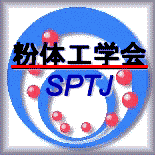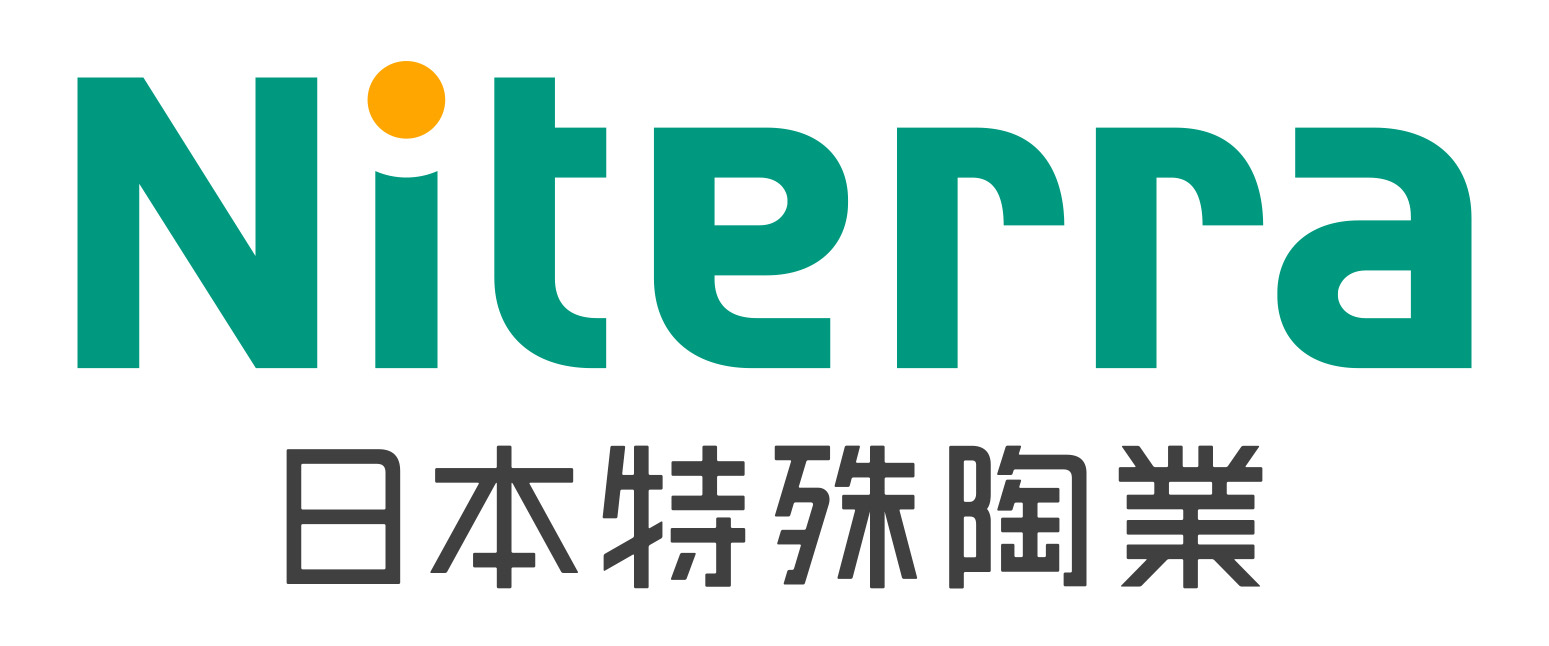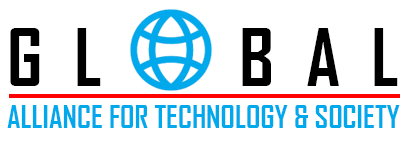Aims and scope
Interfaces are critically important to a broad spectrum of materials and technologies. In 2003, the first International Conference on the Characterization and Control of Interfaces for High Quality Advanced Materials (ICCCI2003) established an international forum for interface science and technology. Interest and participation doubled in 2006, 2009, 2012, 2015, 2018 and 2022 at the second, third, fourth, fifth, sixth and seventh International Conferences (ICCCI2006, 2009, 2012, 2015, 2018 and 2022) respectively. In 2025,the eighth International Conference (ICCCI2025) will continue the discussion on interface characterization and control to design and manufacture high quality advanced materials. Additionally,an industrial exhibition by multinational corporations will complement the technical sessions. At ICCCI2025, interface characterization and control technology for nano-scale to micro-scale materials synthesis, powder processing, composite processing,joining, and to control airborne particulates will be addressed by scientists and engineers from academia, industry, and national laboratories.
Conference topics
Interface Science and Powder Technology for Sustainable Development Goals (60th Summer Symposium on Powder Technology)
This session is co-organized by Kanto Branch, Research Group on Powder Green Process, and Research Group on Powder Material Design in the Society of Powder Technology, Japan.
- Powder Technology Contributing to a Sustainable Society
- Solid-liquid interfaces
- Composite interfaces
- Interface characterization techniques
- Interface control for processing
- Control and design of interfaces in suspensions
- Interface and powder inhomogeneity
- Multiscale and operando observation
- Powder process informatics
- Powder processing for Advanced Materials
- Advanced materials: ceramics, metals, polymers, composites, porous materials etc.
- Microsystems
- Nanotechnology
- Novel manufacturing: 3D printing etc.
- Advanced joining and welding technology
- Batteries
- Fuel cells
- Solar cells
- Biomass
- Coals
- Recycling
- PM2.5
- Nanorisk
- Bio-materials
- Chemicals and pigments
- Electronic materials
- Pharmaceutical
- Engineering materials
- Microstructure evaluation
- Evaluation of material properties
- Discrete Element Method
- Solid-fluid coupling problem
- Verification & Validation
- Heat transfer
- Reduced order model
- Data-driven modeling














